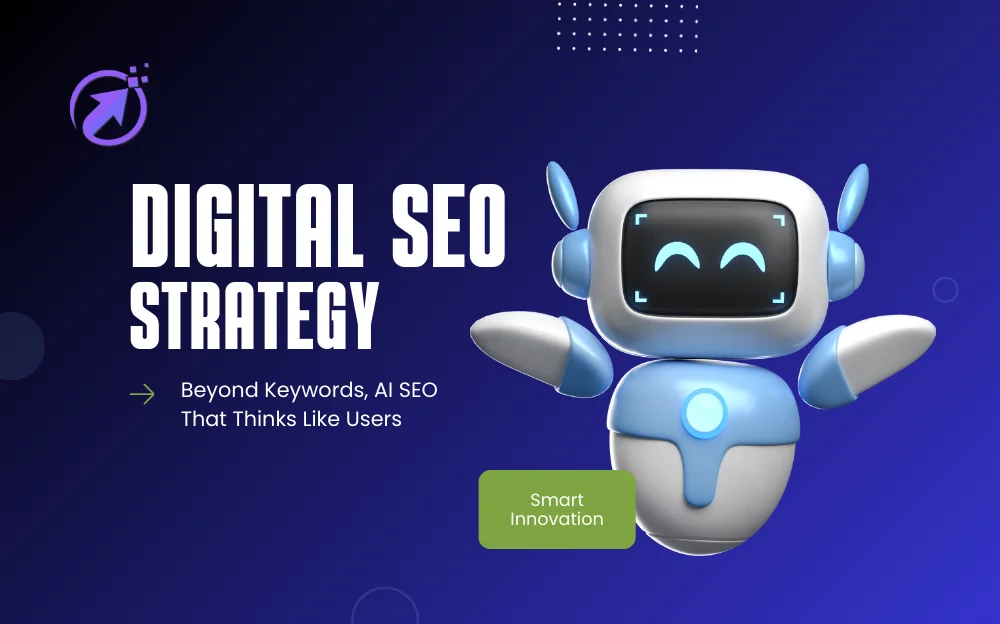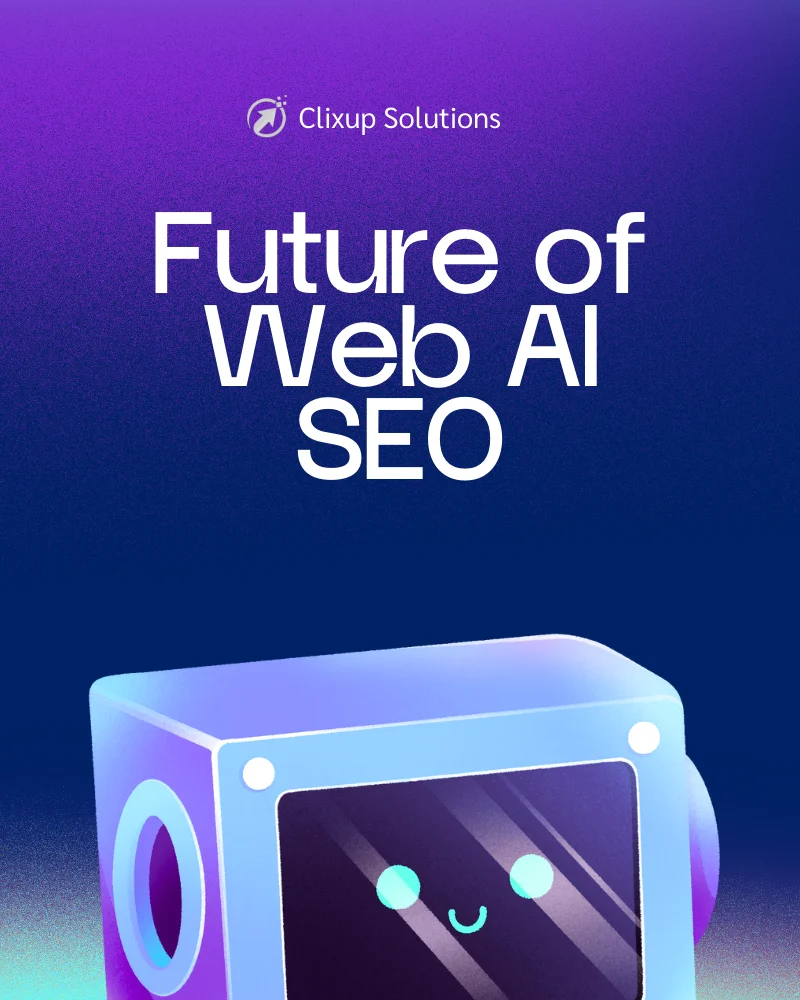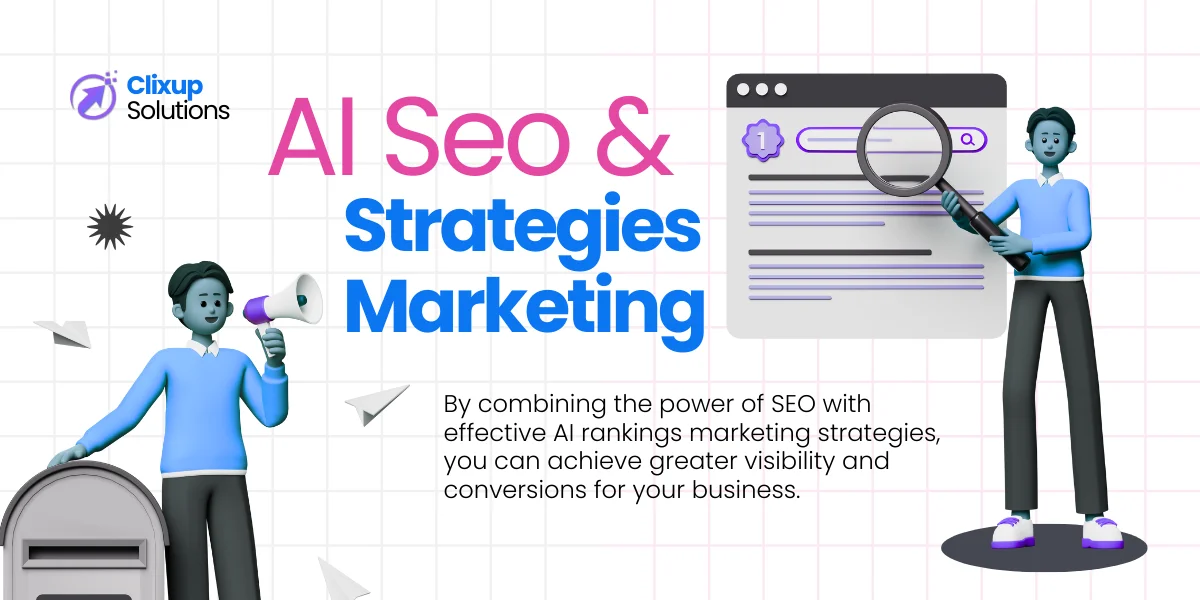For two decades, Search Engine Optimization (SEO) has revolved around a simple goal: rank #1 in the list of ten blue links. That era is coming to a dramatic end. The rise of generative AI, particularly within search engines like Google's AI Overviews (formerly Search Generative Experience - SGE) and conversational platforms like ChatGPT, is fundamentally rewriting the rules of online visibility. Welcome to the world of AI Engine Optimization (AEO).
Key Takeaways
AEO is the New SEO: Focus shifts from ranking in links to being cited as a primary source in AI-generated answers.
E-E-A-T is Paramount: Authority, expertise, and trust are the most critical signals for AI models. You must prove you are a credible expert.
Structured Data is Crucial: Use detailed Schema markup to explicitly tell AI what your content is about, making it easier for them to understand and trust.
AEO isn't a replacement for SEO; it's the next evolution. It's about optimizing your content not just for traditional crawlers and algorithms, but for the large language models (LLMs) that now act as the gatekeepers to information for millions of users. Businesses that fail to adapt risk becoming invisible in this new search paradigm. This guide will walk you through what AI SEO is and the critical strategies you need to implement now to thrive. Our SEO services are built for this future.
What is AI SEO / AI Engine Optimization (AEO)?
AI Engine Optimization (AEO) is the process of optimizing your website and content to be found, understood, and recommended by Artificial Intelligence systems, such as Google's AI Overviews, Perplexity, and ChatGPT. While traditional SEO focuses on ranking in a list of links, AEO focuses on becoming a trusted source that AI models cite and synthesize in their direct answers.
If traditional SEO is about winning a popularity contest to get the top spot on the page, AEO is about becoming a foundational text in the AI's "library." Your goal is for the AI to read your content, trust it, and use it as a primary source when formulating its answers for users.

Why You Need to Care About AEO Today
AI-driven search isn't a distant future; it's already here and impacting your traffic. The future of AI in marketing is now.

- The Zero-Click Threat: AI Overviews often provide direct answers, reducing the need for users to click through to any website. If you're not cited as a source within the AI's answer, you get zero traffic.
- Conversational Search is Growing: More users are turning to chatbots for answers. Being a primary source for these platforms opens up a massive new channel for brand visibility and referral traffic.
- Authority is Amplified: AI models are designed to identify and prioritize authoritative, trustworthy sources. AEO is about doubling down on the signals that prove your expertise.
- The First-Mover Advantage: The principles of AEO are still emerging. By optimizing now, you can build a significant competitive advantage before your competitors even know the game has changed.
The Business Impact
Early data suggests that AI Overviews can cause a 20-30% drop in organic traffic for some informational queries. A proactive AEO strategy isn't just about growth; it's a defensive measure to protect your existing traffic and market share from being cannibalized by AI-driven search results.
Core Strategies for AI Engine Optimization (AEO)
Optimizing for AI isn't about new tricks; it's about amplifying the principles of good SEO.
1. Double Down on E-E-A-T
Experience, Expertise, Authoritativeness, and Trustworthiness (E-E-A-T) are the most important signals for AI models. You must prove you are a legitimate expert. This means author bios, clear contact information, original research, and showcasing real-world experience.
2. Focus on Semantic SEO & Natural Language
AI thinks in concepts, not just keywords. Structure your content around topics and answer questions comprehensively. Use natural, conversational language and address related sub-topics to show a deep understanding of the subject matter.
3. Implement Robust Schema Markup
Schema is structured data that explicitly tells AI and search engines what your content is about. Detailed schema for articles, authors, organizations, and products helps AI models understand and trust your information more easily.
4. Build a Strong, Authoritative Brand
AI models look for external validation. They analyze brand mentions, sentiment in online discussions, and citations from other authoritative sources. Building a strong brand online is no longer just a marketing goal; it's a technical SEO requirement.
5. Prioritize Factual Accuracy and Citable Data
AI models are being trained to avoid "hallucinations." They need to back up their claims with facts. Content that includes specific data, statistics, and citations from credible sources is more likely to be used as a source for an AI-generated answer.

AI SEO FAQs
Is Your SEO Strategy Ready for the AI Revolution?
Don't get left behind. Our team of experts can audit your current SEO strategy and build a future-proof plan that optimizes for both traditional search and the new world of AI engines.
Get My Free AI SEO Analysis